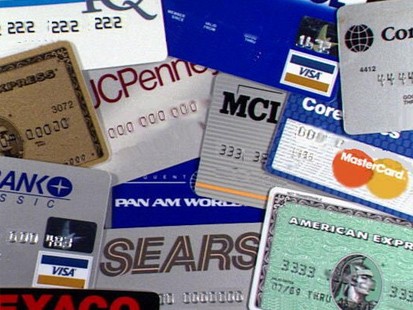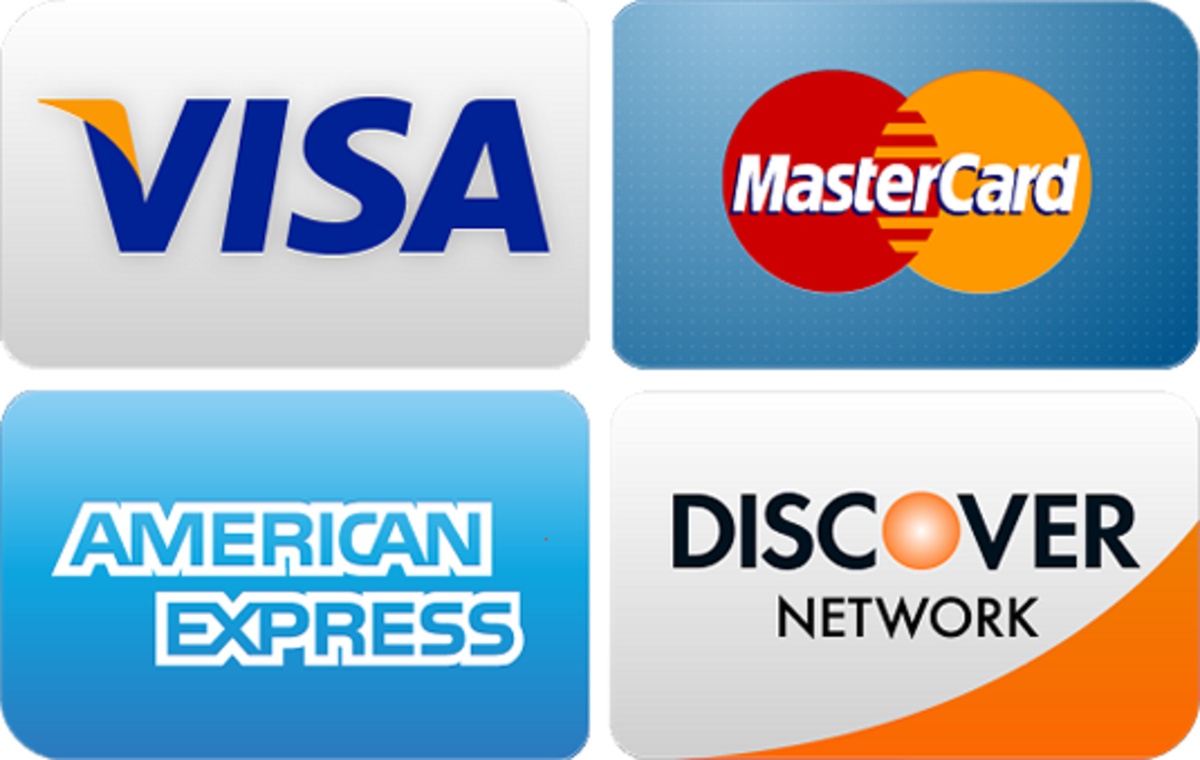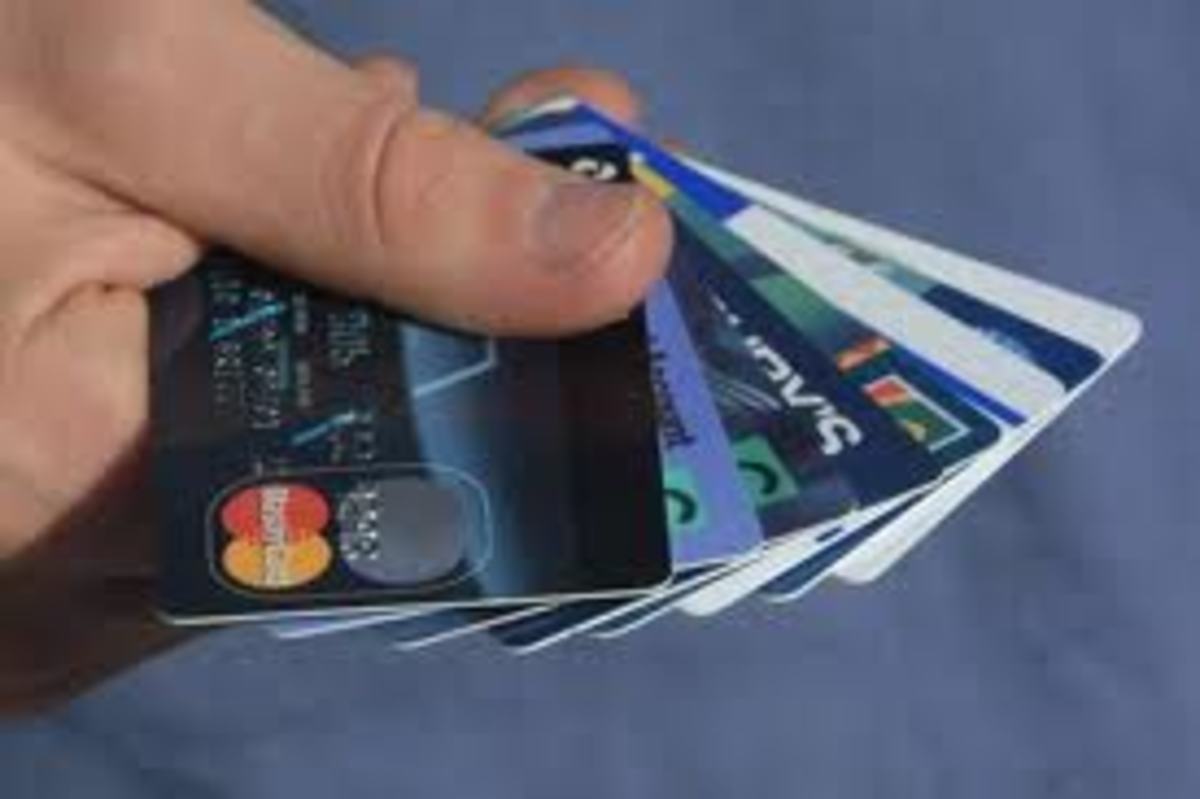How to Choose the Best Credit Card For You

There are hundreds of credit card offers available to you as a consumer. How do you determine which credit card is best for you? The most important thing is to learn about the different types of credit cards there are and what their pros and cons are. Then you can look at your own financial needs and preferences and use that information to select the best credit card for you.
No-Frills Credit Cards vs. Rewards Credit Cards
There are some credit cards that offer rewards (such as cash back) and various benefits (such as card protection). Many people want these rewards. However, other people would rather have a simple and straightforward no-frills credit card that doesn’t offer all of those confusing additional options.
A no-frills credit card is right for you if:
o You never bother cashing in the rewards on your existing rewards credit cards. If you’re not using those perks anyway then you might as well get a card that is truly just simple.
o You are looking for a car with a low interest rate and no annual fee. Of course, other cards will have these options as well but the no-frills card is almost always this way because of the fact that there are really no benefits for you to be paying extra for!
o You have bad credit or are getting a credit card for the first time. That’s because it’s typically easier to qualify for a no-frills card than a rewards card although there are exceptions with some rewards cards that are made for bad credit and no credit consumers.
In contrast, a rewards credit card is right for you if:
o You are easily able to keep track of the rewards that are available to you and will cash in on them. A cash back card essentially gives you free money when you use the card. Why not take advantage of that if you can?
o You have good credit and can qualify for great benefits. Many companies offer their best customers platinum cards that have additional perks and benefits at no charge.
o You travel frequently. You probably use a credit card to pay for travel anyway so you might as well be getting credit card miles for your efforts!
Pre-Paid Credit Cards vs. Regular Credit Cards
A pre-paid credit card requires you to put money into a bank account that you can then withdraw using the credit card. It’s similar to a debit card but has the benefit of reporting to your credit bureaus to help you build credit. A regular credit card is one that you can use now and pay off later. The prepaid credit card may have fees associated with it.
A pre-paid credit card may be right for you if:
o You like using a debit card but want to improve your credit. This is sometimes an option that people use for a first time credit card so that they can get used to what using a credit card is like without some of the risks associated with traditional credit card use.
o You have bad credit and can’t qualify for other credit cards. Many people choose this option for rebuilding their bad credit.
o You recently came into a lump sum of money. You can put that money on a prepaid credit card and access it as needed, earning credit as you go.
If these circumstances don’t apply to you then some type of a regular credit card is probably a better choice than a prepaid credit card.
Full Payment Cards vs. Cards That Allow Carrying a Balance
The majority of traditional credit cards allow the user to carry a balance. That’s where the credit card companies make their money because they charge you interest on the balance that you are carrying. However, some credit cards (such as certain types of American Express cards) require that you pay the balance in full each month. This is different from a prepaid credit card because you don’t have to pay the amount in advance but rather spend the money first and then pay it off monthly.
Cards requiring payment in full may be right for you if:
o You have a bad tendency to spend as much as you can. If you know that you have to pay the bill off in a month then you’ll probably reign yourself in more than if you have the ability to just charge and charge and carry that balance.
o You really only want a credit card to aggregate a certain area of spending. For example, you may get a business credit card so that all of your business expenses are in one place but you go ahead and pay it off every month. The card isn’t so much for the loan that it offers as it is for the convenience of having one place where all of the purchase information is stored.
Cards that allow you to carry a balance may be right for you if:
o You are likely to need to make big purchases on occasion. You can carry a balance over time as you work to pay off that big amount.
o You aren’t sure right now how much you’re going to be spending on the credit card. It’s better to be safe than sorry. You should still pay the card off in full if you can but at least this way you have the option of carrying the balance if you have to.
o Your income varies or isn’t steady. For example, freelancers sometimes make a lot of money one month and not much the next so they sometimes need to carry a credit card balance until a new payment comes in.
High Available Credit Line vs. Low Available Credit Line
The amount of credit that you are able to get is based a lot on your credit history and credit score. However, you can have some say in accepting a lower available credit line or requesting one that is higher.
You’ll want a credit card with a high available credit line if:
o You want to consolidate your debt. You can transfer all of your other debt to the card because there is enough credit available to do so. Make sure that your available credit line for balance transfers is high (and that it’s not just the amount for purchases that is high).
o You spend a lot of money each month on the credit card. You’ll need the higher credit line to cover that cost.
o You occasionally make big purchases. If you only have credit cards with low credit lines then you’d have to split the payments onto multiple cards, which can get really confusing.
A credit card with a low available credit line might be better for you if:
o You tend towards impulse spending and are bad at budgeting. If you are likely to get yourself into problems with debt because you have a high credit line then you should request a lower credit limit to help keep things under control.
o You have bad credit / no credit. In fact, you may not even be able to get a higher card limit in this case but even if you can (like with a cosigner) it may make more sense to get the lower limit while you learn some good credit card habits.
Of course, there are many more nuances to consider when selecting a credit card (such as which type of rewards card to get or what credit card brand to apply for) but considering the basic factors in this article will help you to select the card that is right for you.









